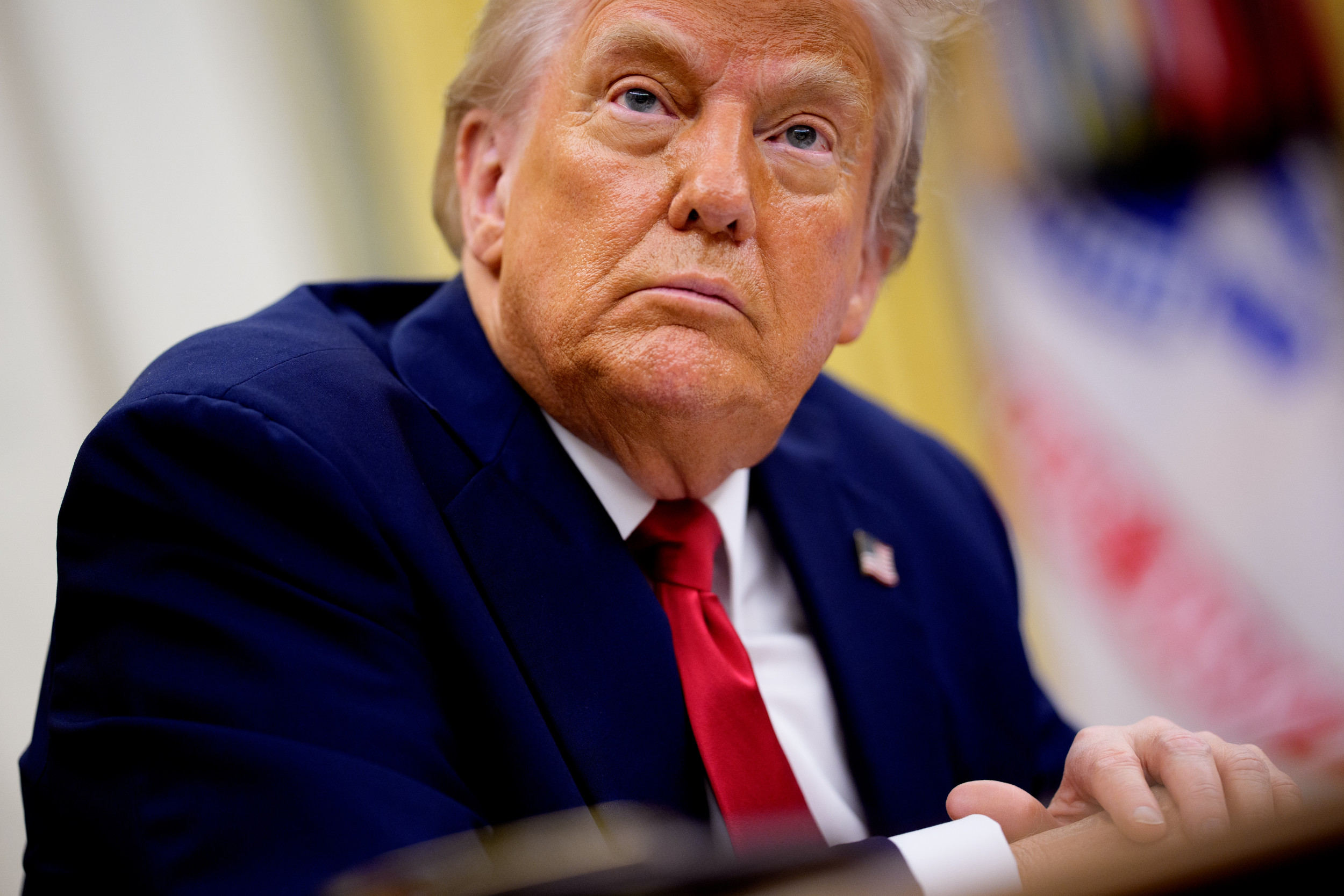
In the past year, America has suffered devastating cyberattacks, exposing infrastructure perilously unprepared for the digital age. The brazen Chinese state-sponsored Salt Typhoon infiltration of the U.S.
Treasury and leading telecom networks revealed the systemic risks in a dangerously outdated, fragmented, and interconnected digital ecosystem devoid of accountability. Salt Typhoon operated undetected for 18 months within AT&T and Verizon networks , compromising call logs and recordings of millions of Americans , including President Donald Trump and Vice President JD Vance . We urgently need a dedicated Cyber Force—an independent, elite service empowered to unify cyber defenses, counter foreign aggressors, and restore strategic deterrence.

A Nation Under Siege—The Fragmented State of U.S. Cyber Defense In December 2024, Chinese hackers launched an audacious cyberattack on the U.
S. Treasury, exploiting third-party software vulnerabilities. This breach compromised over 3,000 sensitive files, including crucial records from the Committee on Foreign Investment in the U.
S. (CFIUS), handing China insights into circumventing U.S.
financial scrutiny, and threatening the integrity of our economic backbone. Currently, our cyber defense is disastrously fragmented across multiple entities—U.S.
Cyber Command (CYBERCOM), NSA , Department of Homeland Security , CISA, FBI , and the private sector. This results in bureaucratic gaps and inexcusable paralysis given the urgency and complexity of modern cyberwarfare. The Space Force Model—A Template That Delivers The U.
S. faced a similar inflection point in 2019, when it created Space Force to address growing threats in a new domain. That model worked—and it can work again.
Today, we face a dire shortage of 700,000 cybersecurity professionals, according to the ISC2 Cybersecurity Study . Former CYBERCOM General Paul Nakasone called recruiting cyber talent the nation's " greatest challenge ." The Space Force demonstrated that a prestigious, mission-driven agency could attract elite human capital.
A Cyber Force can replicate Space Force's success, signaling a profound national commitment and galvanizing technologists eager for purpose-led service securing our digital frontier. The Benefits of a Defined Cyber Force A unified command is more than administrative. It's operational.
Today's scattered cybersecurity structures are crippled by jurisdictional feuds and poor intelligence sharing. Breaches—from SolarWinds and Colonial Pipeline to Salt Typhoon's infiltration of telecoms and Apple's iMessage —have shattered public confidence in our digital defenses. Nearly 85 percent of America's critical infrastructure—telecom, energy, finance, health care, transportation—is privately owned, and underprotected.
Nothing underscores this vulnerability more than Google 's recent $32 billion acquisition of Wiz—the largest cybersecurity deal in history, and Google's biggest ever—illustrating their conviction of the opportunity. Google's press release noted, "Cybersecurity risks continue to accelerate ..
. for private enterprises, governments, and other public sector organizations. Traditional approaches to cybersecurity struggle to keep up with this evolving landscape.
" The fact that the sixth-largest software acquisition ever targeted cybersecurity speaks volumes about the magnitude of the threat—and the status quo. Open markets, vast attack surfaces, chronic underinvestment, compounded by little commercial market incentive—or punishment—for product security, left the U.S.
at a significant structural disadvantage in the cyberwar. A central authority with enforcement capabilities would fundamentally shift that calculus, along with standardizing practices, synchronization, and intelligence sharing in ways current systems simply cannot achieve. Imagine a Cyber Force equipped with cutting-edge artificial intelligence for real-time threat detection, quantum computing for impenetrable encryption, and specialized cyber "Rapid Response Units"—teams capable of neutralizing threats as swiftly and decisively as conventional military forces engage physical ones.
Restoring American Cyber Deterrence Critics may oppose creating another military branch, citing costs or bureaucracy. However, cyber threats pose an existential threat. Former Defense Intelligence Agency Director Robert Ashley candidly observed , "The enemy used to respect us—but they no longer fear us.
" We must shift the calculus. Cyber Force is a strategic reset—replacing reactive defense with assertive offense. It signals a break from the era of restraint and parity, introducing of a doctrine of certain reprisal.
Deterrence today is not endurance; it is the creating the credible expectation that provocation will be met with disproportionate and decisive force. The Time for Action Is Now Every new era of warfare demands institutional reinvention. The Air Force emerged after World War II, Space Force from new orbital threats.
Cyberspace, perhaps the most consequential domain, demands equal reimagination. We stand at a crossroads. The U.
S. must transition from a defense posture to offense, and with clear accountability. The next war has already begun—not with missiles, but malware.
America's digital frontier needs a new warrior class of its own. A dedicated Cyber Force is how we win this war. Andrew King is general partner at Bastille Ventures, investing in critical technology furthering national security, and founder of the bipartisan nonprofit Future Union, working with the private sector to combat state espionage.
He advises Congress, the Select Committee on China, Departments of Treasury and Commerce, and the White House . Formerly he was the general counsel of the Dallas Stars NHL team and corporate lawyer at Goodwin Procter and investment banker at JPMorgan. The views expressed in this article are the writer's own.
.











